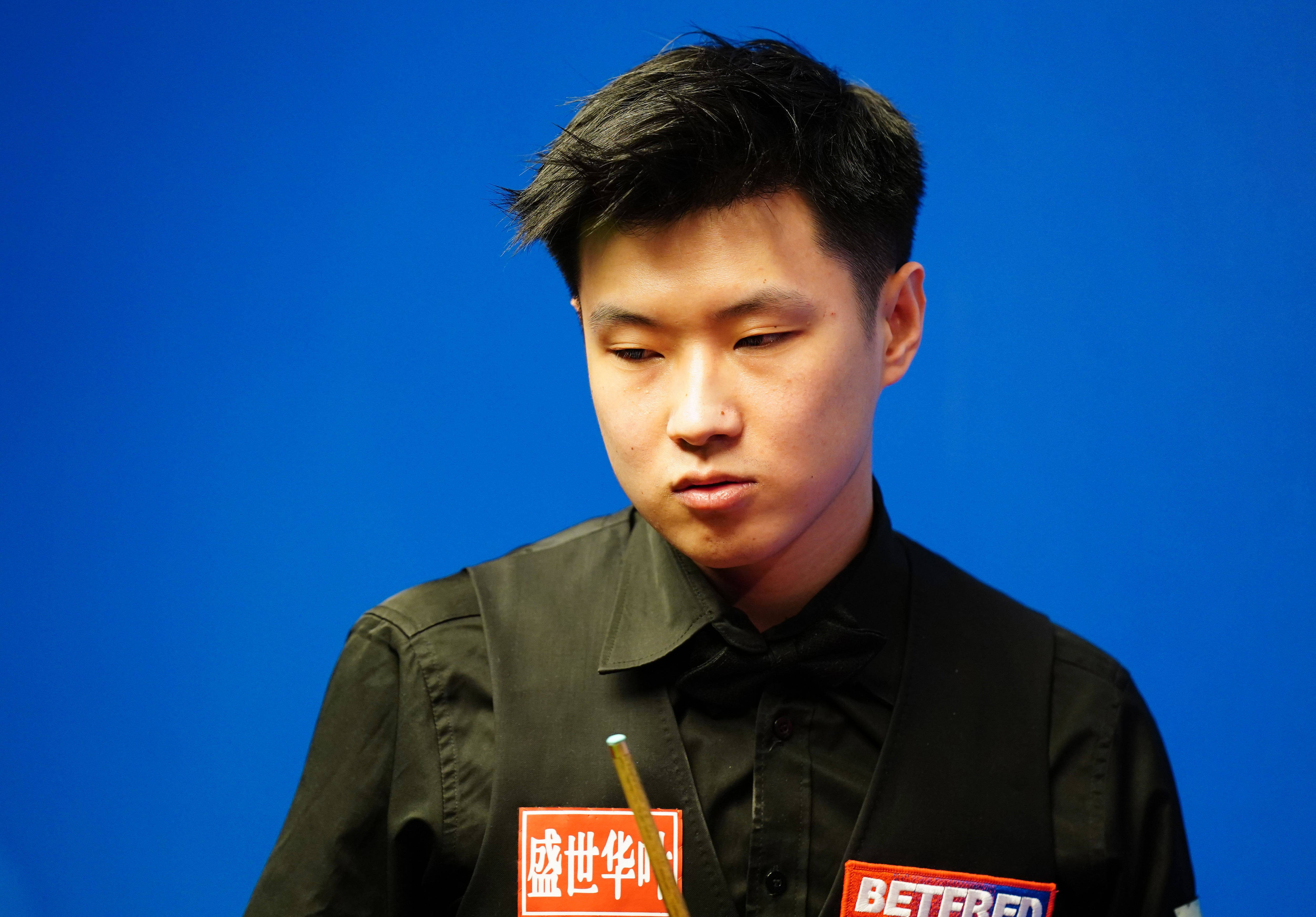
Even sinking Ronnie O’Sullivan in his debut season comes a distant second in the career of Cork 20-year-old Aaron Hill, who fought through a nerve-shredding final day of Q School in Sheffield to retain his place on the professional snooker tour for the next two years.
Hill was one of four players to emerge from the second of three back-to-back events staged in the bowels of the Ponds Forge leisure centre, which give anyone willing to stump up the £1,000 entry fee the opportunity to win through at least five rounds and earn the right to rub shoulders with the stars of the game.
Hill was seen as one of those potential bright young things when he beat O’Sullivan 5-4 in the last 64 of the European Masters in 2020 in his first month on the professional tour, but he struggled for momentum and finished the season as one of the unfortunates to face the agony of having to head back into a uniquely cut-throat environment.
“To be sitting here after getting through Q School is a much bigger achievement than beating Ronnie,” admitted a plainly relieved Hill after a 4-1 win over China’s Zhao Jianbo.
“There was much more pressure out there and I think it is probably the biggest achievement of my life. I was thrown in at the deep end on the tour and didn’t expect it to be as tough as it was. But I have got a second chance and I am determined to make the most of it.”
The stakes could hardly have been higher for the eight players who emerged from a starting field of 127 to sit one more best-of-seven win away from a guaranteed two-year tour card on Friday.
For the loser, it would simply be a case of returning to round one of the final tournament, due to begin next week, in the hope of preserving their livelihood.

Q School, which was established in 2011, launched the career of current UK champion Zhao Xintong, who came through to earn his tour card in 2018. For the first time this year, an Asian version of the event is being staged simultaneously in Bangkok.
For all the Zhao Xintongs there are countless others at Q School who have slid off the tour after a bright start or else stump up each year’s entry fee with declining hopes of a big-time return.
Losers this week included 2020 world quarter-finalist Kurt Maflin, Shoot-Out winner Michael Holt, and 66-year-old Tony Knowles, who reached the last of his three World Championship semi-finals in 1986, 16 years before Hill was born.
Gary Wilkinson, a former World Matchplay champion and Crucible quarter-finalist who was ranked as high as fifth in the world, works on the event for the world governing body and believes it represents the ideal environment to introduce the new generation to the realities of the professional game.
“I think Q School is great,” Wilkinson told the PA news agency. “It is a stepping stone to the main tour and it is a true gauge of how good you are.
On the tour, if you're winning games you're building momentum and earning money. Here, with each game you're getting more anxious, more nervous. It's horrible
“Whoever comes through Q School deserves their place on the tour. You will very rarely get a surprise qualifier coming through. If you win you get a two-year tour card, and if you don’t you have to be brutally honest with yourself, and go out and find a job.”
Few players have more Q School experience than Zak Surety, who has been on and off the professional tour since his debut in 2014, and managed to cling onto his place on Friday after twice coming from behind to beat Belgian teenager Ben Mertens.
“Every time I come to Q School, I leave and think, I’m never doing this again,” said Surety. “I came here this year and I didn’t give myself much of a chance, I thought it was a waste of a thousand pounds, so I’m proud of myself.
“On the tour, if you’re winning games you’re building momentum and earning money. Here, with each game you’re getting more anxious, more nervous. It’s horrible. I only won because my opponent was feeling worse than I was.”







